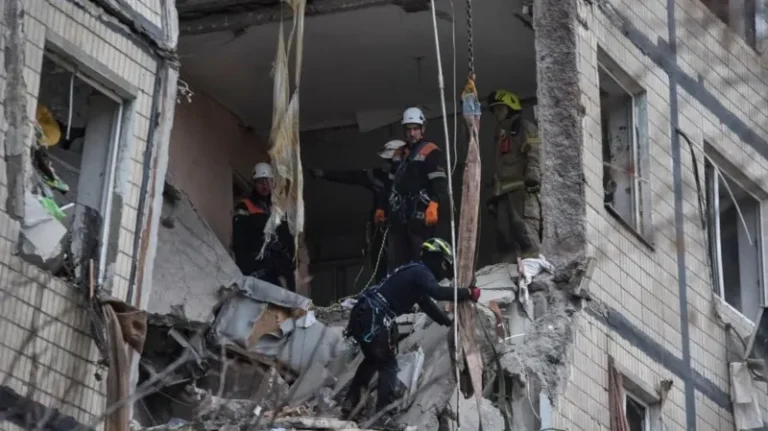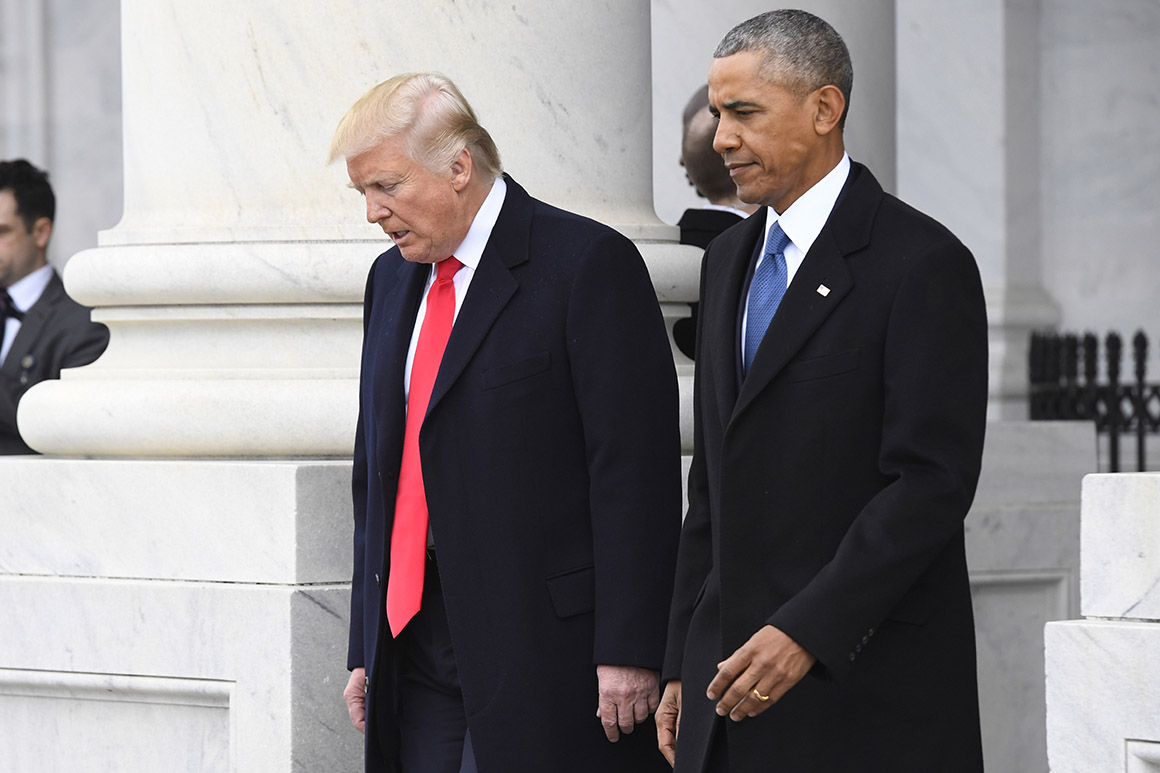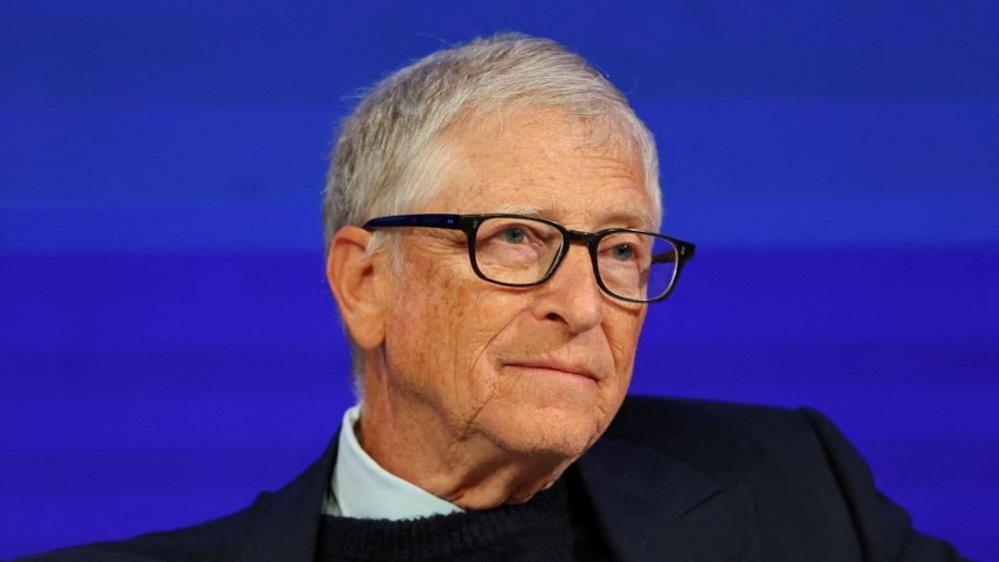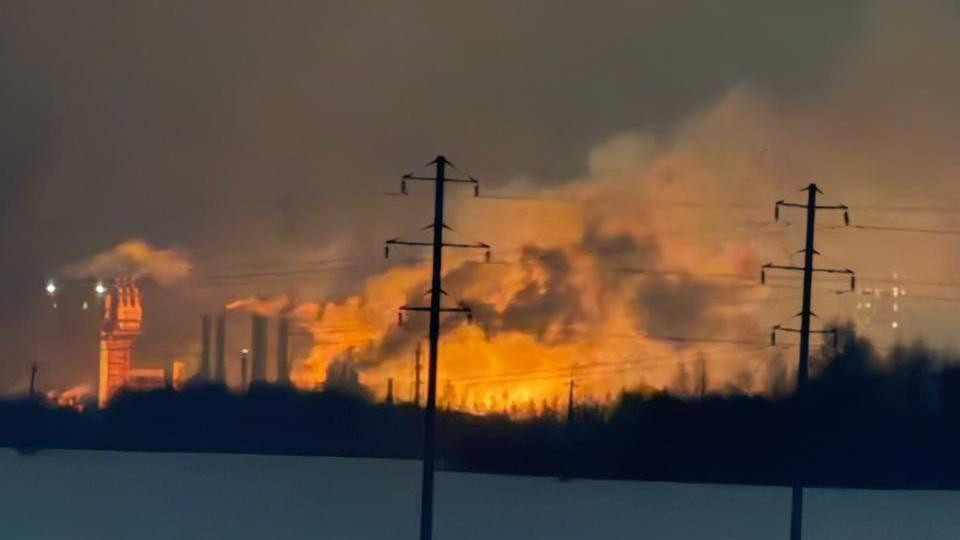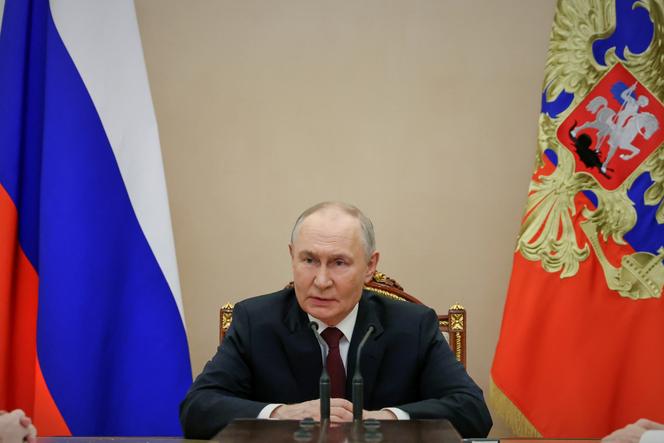At least six people were killed after Russia launched hundreds of missiles and drones across Ukraine overnight, striking energy infrastructure and residential areas in one of the most intense bombardments in months, Ukrainian officials said on Saturday.
The Ukrainian Air Force reported that Russia fired more than 450 explosive drones and 45 missiles, targeting 25 locations, including Kyiv, Dnipro, and Zaporizhzhia. Air defenses intercepted nine missiles and 406 drones, the military said.
Two people were killed and 12 injured when a residential building was hit in Dnipro, while three others died in Zaporizhzhia, according to regional officials.
Ukraine’s Prime Minister Yulia Svyrydenko said on Telegram that major energy facilities in the Poltava, Kharkiv, and Kyiv regions sustained “serious damage,” and emergency crews were working to restore electricity and heating. “Critical infrastructure facilities have already been reconnected,” she said, noting that water supplies were being maintained using backup generators.
Read Also: Russia: Vladimir Putin Races To Halt Rapid Population Decline
The Energy Ministry confirmed blackouts in Dnipropetrovsk, Chernihiv, Zaporizhzhya, Odesa, and Kirovohrad, adding that power restoration efforts were underway.
Russia’s Defense Ministry said its forces had destroyed 79 Ukrainian drones overnight, insisting its attacks were aimed at military infrastructure. Ukraine, however, accused Moscow of deliberately targeting energy facilities to undermine civilian morale and cripple the economy as winter approaches.
“Each strike on our energy system is an attack on our people,” President Volodymyr Zelensky said in a message on Telegram. “Pressure must be intensified, there should be no exceptions to sanctions on Russian energy.”
Zelensky urged the U.S., European Union, and G7 nations to expand restrictions on Russian oil and gas exports, saying that sanctions must respond directly to Moscow’s repeated strikes on civilian energy systems.
The attacks came hours after Washington granted Hungary a one-year exemption from U.S. restrictions on purchasing Russian oil and gas. The exemption was announced during a visit to Washington by Hungarian Prime Minister Viktor Orbán, a close ally of Donald Trump.
In October, the U.S. imposed sweeping sanctions on two of Russia’s largest oil companies, warning that any entity buying from them could face penalties. Zelensky suggested that exemptions like the one granted to Hungary “weaken the impact” of the sanctions and embolden Moscow.
This marks the fourth winter since Russia’s full-scale invasion began in February 2022, and analysts say Moscow is again attempting to use the cold season as a weapon, cutting power and heat to strain Ukraine’s population and infrastructure.
With large portions of the energy grid already damaged, Kyiv faces mounting pressure to protect its remaining facilities while ensuring adequate heating and electricity for millions of residents.

